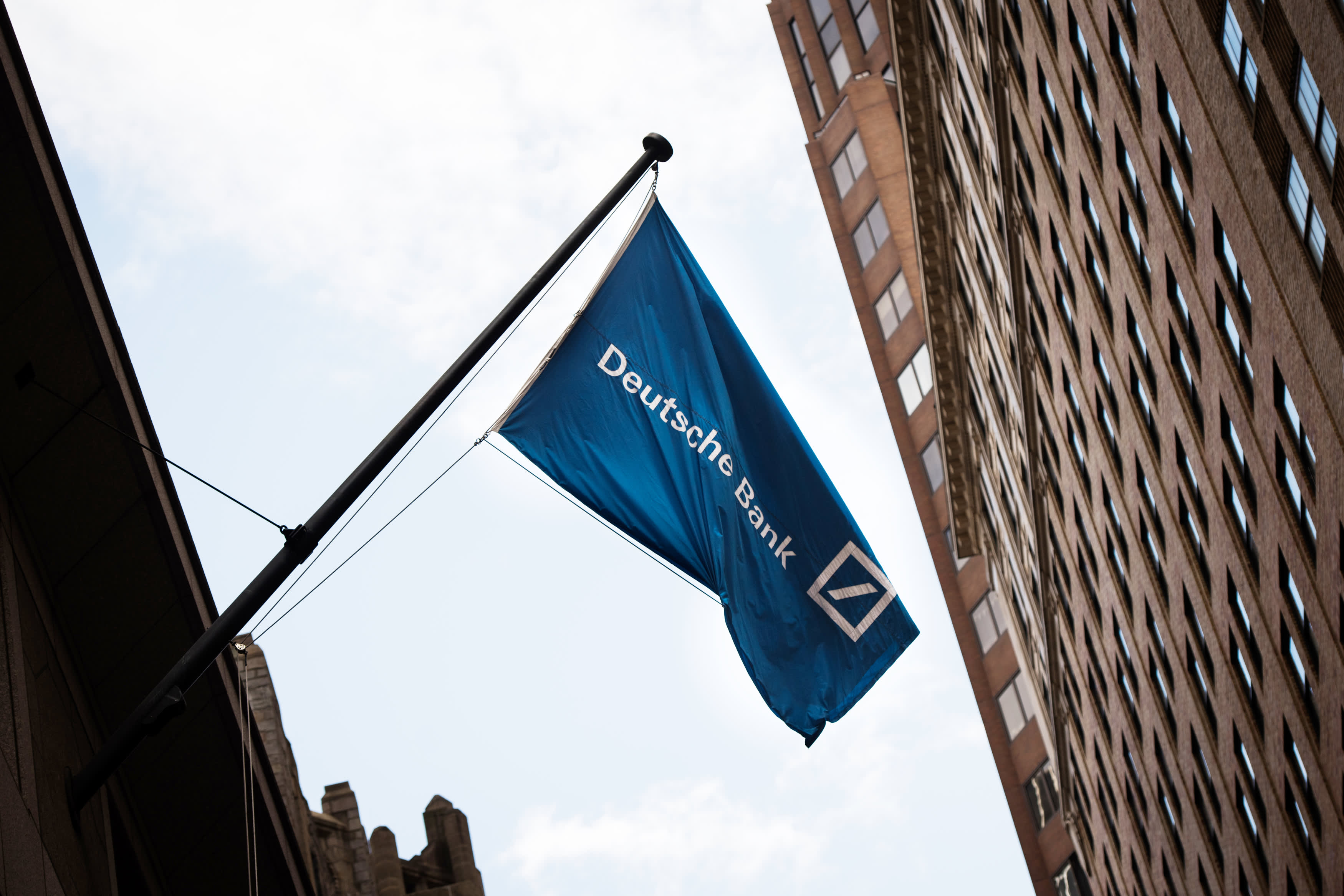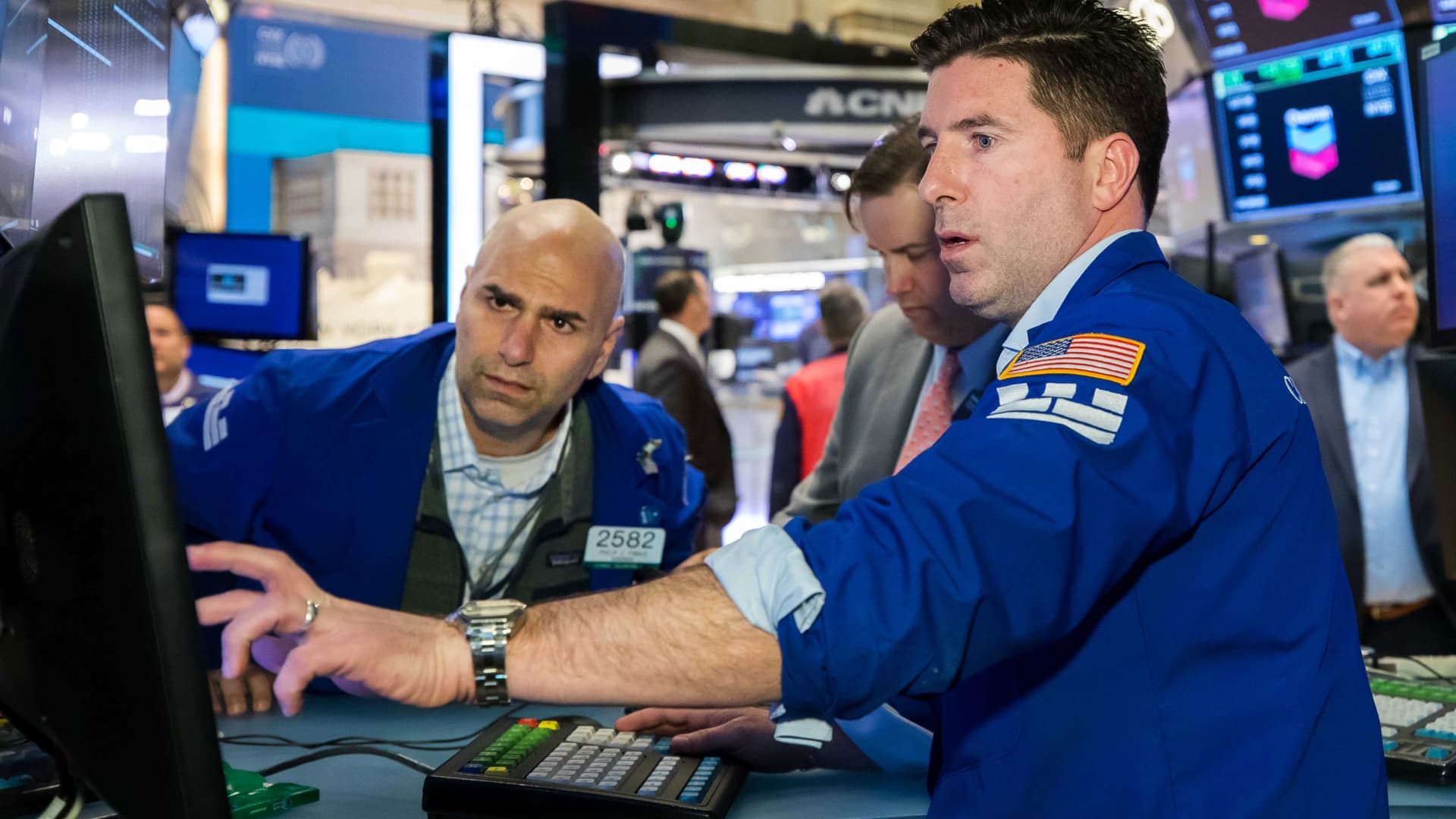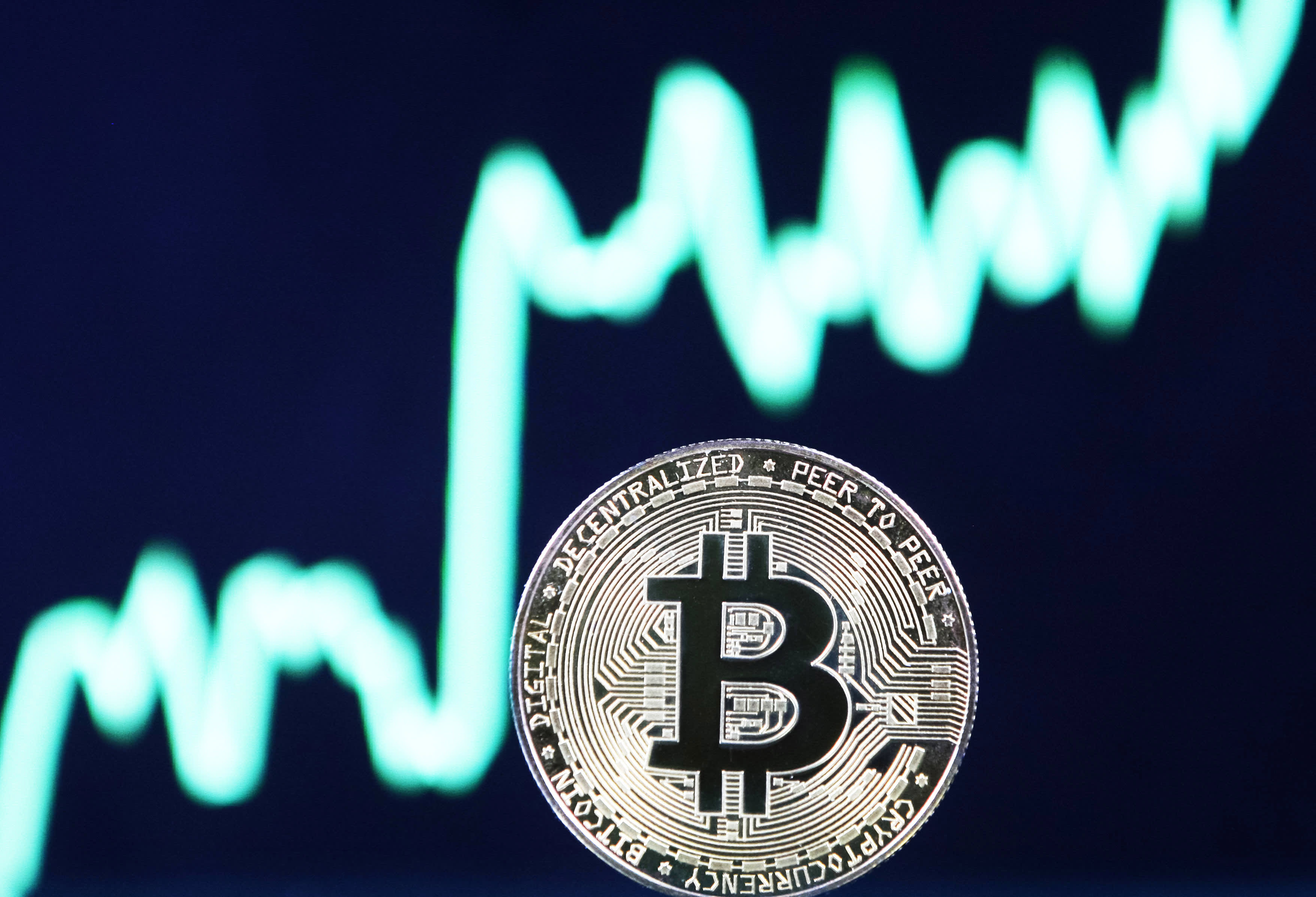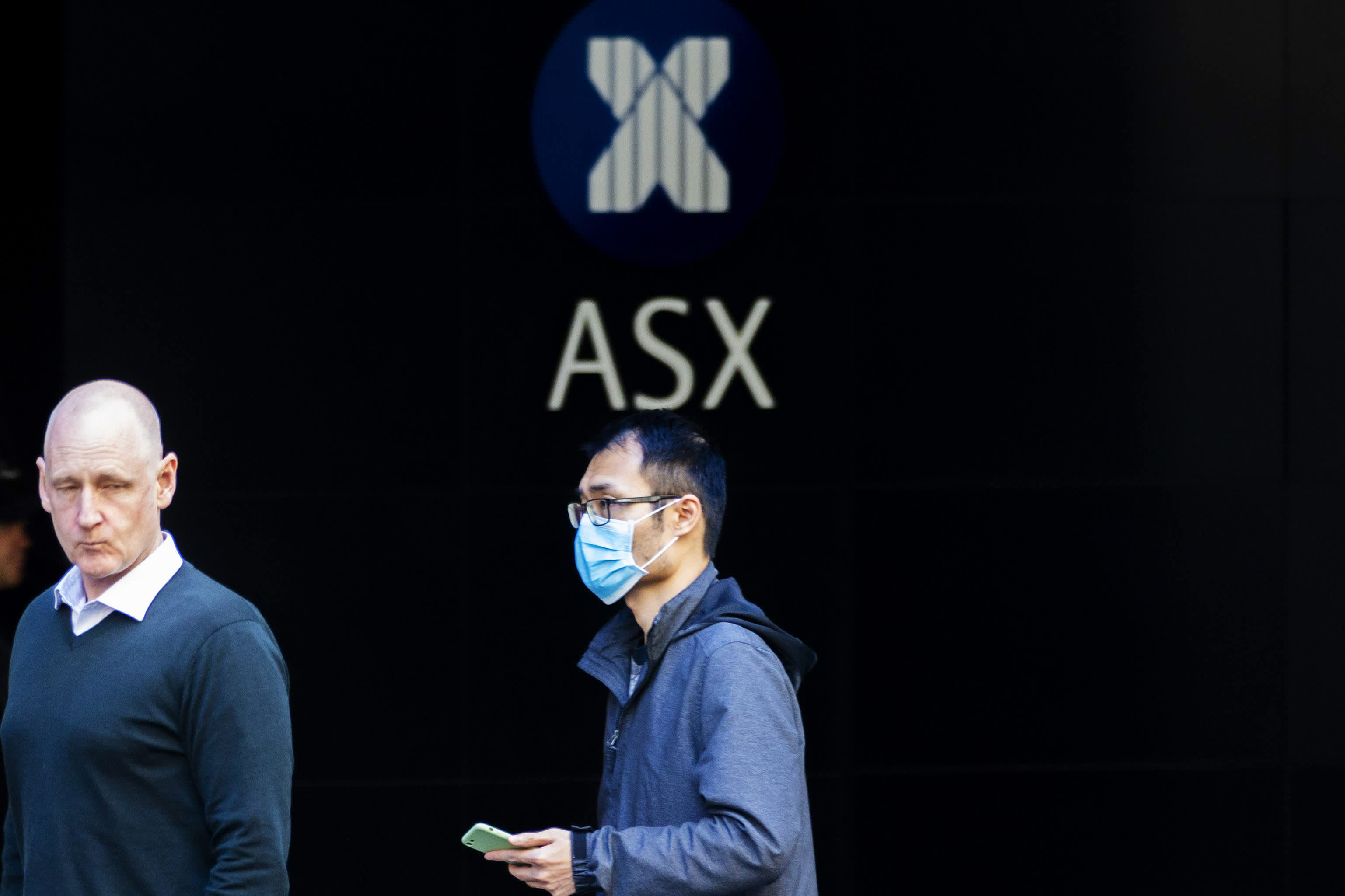Hong Kong's Hang Seng drops more than 2% with tech stocks under pressure; yen strengthens
Hang Seng heavyweights Alibaba and Meituan dropped more than 5% each.

SINGAPORE — Hong Kong's Hang Seng index fell more than 2% on Friday as tech stocks came under pressure.
The benchmark index slipped 2.64% in the final hour of trade, while the Hang Seng Tech index dropped 5.41%.
Hang Seng heavyweights Alibaba and Meituan dropped 7.01% and 7.18% respectively. Alibaba is on track for a third straight session of losses following news earlier this week that several Ant Group executives have stepped down as Alibaba partners.
Meituan shares plunged after the company was summoned by Hangzhou's market regulator over food safety and price competition.
Shares of Standard Chartered initially popped more 2% after the bank reported a 19% jump in profits for the first half of the year and announced a $500 million share buyback. The stock later pared gains, but was still up 0.72% in afternoon trade.
Real estate stocks in Hong Kong fell Friday.
This hints that the government is not going to overly spend on infrastructure projects to achieve that target. Our view is that this is not such a bad thing.
Chinese leaders on Thursday signaled Beijing is unlikely to try to boost the economy, and downplayed the country's GDP target of "around 5.5%."
"This hints that the government is not going to overly spend on infrastructure projects to achieve that target. Our view is that this is not such a bad thing," ING said in a Friday note.
"This would give more room for the central government to solve the problem of uncompleted construction projects," the authors added.
In mainland China, the Shanghai Composite was 0.89% lower at 3,253.24 and the Shenzhen Component dropped 1.3% to 12,266.92.
Additionally, Beijing seems committed to its zero-Covid policy.
"It appears to us that any change in the zero-Covid policy will only happen when authorities are convinced that mutations are less virulent and vaccines/medicines are proven to be more effective," wrote ANZ Research's Betty Wang, a senior China economist, and Zhaopeng Xing, a senior China strategist.
Yen, Aussie strength
The Japanese yen strengthened sharply against the greenback on Friday, after weakening for months as central bank policy in Japan diverged from the Fed's.
"What we've seen certainly over the second half of this week is a big rally in U.S. rates markets," said Andrew Ticehurst, a rate strategist at Nomura Australia.
"Those interest rate differentials against Japan are narrowing and that's causing dollar-yen to come off," he said. Treasury yields fell after the negative U.S. GDP print.
The yen last traded hands at 132.81 per dollar.
The risk-sensitive Australian dollar also strengthened, and last stood at $0.7022.
"The improvement in global risk sentiment over the past 48 hours, and the slight weakening we've seen in the U.S. dollar have both been positive factors for Aussie," Ticehurst said.
The U.S. dollar index, which tracks the greenback against a basket of its peers, was at 105.625.
Japan's Nikkei 225 struggled for direction and closed fractionally lower at 27,801.64 while the Topix index dipped 0.44% to 1,940.31.
The country's industrial output jumped 8.9% in June from the previous month, the ministry of economy, trade and industry said Friday. The print surprised to the upside after falling in May.
Elsewhere, South Korea's Kospi rose 0.67% to 2,451.5 and the Kosdaq advanced 0.66% to 803.62.
The S&P/ASX 200 in Australia was up 0.81% to close at 6,945.2.
Thailand's market is closed for a holiday Friday.
MSCI's broadest index of Asia-Pacific shares outside of Japan lost 0.4%.
Stock picks and investing trends from CNBC Pro:
U.S. moves
Major U.S. indexes rallied at least 1% each overnight.
The Dow Jones Industrial Average jumped 332.04 points, or 1%, to 32,529.63. The S&P 500 rose 1.2% to 4,072.43, and the Nasdaq Composite added nearly 1.1% to 12,162.59.
U.S. futures rose further after tech companies like Apple and Amazon reported strong earnings.
Those moves came despite the U.S. Bureau of Economic Analysis reporting GDP fell 0.9% at an annualized pace for the April-to-June quarter, according to the advance estimate. GDP slipped 1.6% in the first quarter of the year.
While that is the second-straight negative GDP report, official declarations on whether the U.S. is in a recession come from the National Bureau of Economic Research. That determination could take months or even longer.
U.S. crude was up 1.18% at $97.56 per barrel, while Brent crude was 0.78% higher at $107.98 per barrel.
— CNBC's Evelyn Cheng contributed to this report.

 Troov
Troov 































